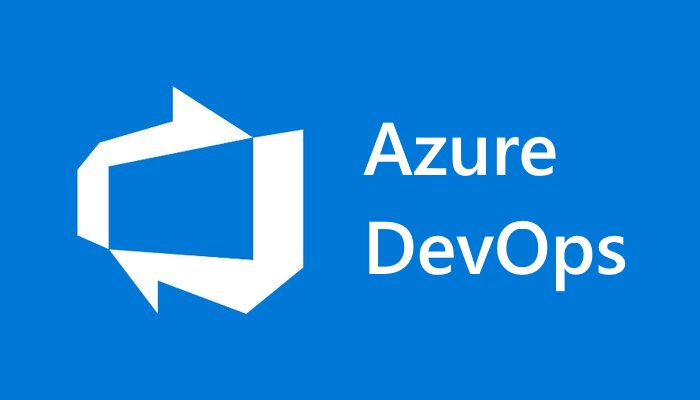Mobile Test Automation
Leading Entertainment CompanyCase Study – Leading Entertainment Company
Background:
TL Consulting were engaged to define and develop test automation assets across their client’s main mobile application and support devices across iOS and Android as part of their digital offering. The client had no test automation usage or capability in this area. TL Consulting were able to bridge the gap by understanding the test automation requirements and automation candidates to then build a comprehensive automation roadmap & strategy with a recommendation on toolsets & frameworks. This was aligned to the client’s vision of moving towards DevOps with automation at the core.
Problem Statements:
There was no test automation or capability within the client’s team
The client wanted to do an initial rollout of the app with core functionality in a staggered manner over an aggressive 4-month initial roll-out phase period
Functionality testing was not done so this also had to be incorporated into the overall deliverable
Client needed a framework to be delivered that supported CI/CD
Automation framework & test requirements required CI/CD support, BA user enablement for agile automation delivery.
Client outcomes:
Defined and implemented a test automation roadmap & strategy to support the organisation’s tactical and strategic objectives
Built in quality via mobile automation across the pipelines
Enabled CI/CD and integrated test and development pipelines
Introduced better coding practices including WCAG accessibility standards to ensure better development practices which in turn helped with automation & maintenance activities

Activities:
Carried out test automation assessment understanding the technical stack (React Native) and gathered automation requirements
Data Driven & Hybrid framework type were chosen to support CI/CD and continuous testing.
The automation framework supported both physical and emulator devices.
Azure DevOps was incorporated for pipeline management
This was linked to the development pipeline and got triggered after each deployment
Framework & pipeline components:
Azure Pipelines
Microsoft App Centre
Bitbucket (Source Code Management)
Appium using python
Allure for reporting
Over the rollout period, approximately 550 automation test cases were created based off the requirements for iOS and Android
Highly configurable framework was delivered with the following attributes to support CI/CD:
Tagging Feature (Supporting test case context execution management which gave the ability to run different defined group(s) of automated tests i.e. - smoke tests, PVT type tests, Core automated tests, full regression suite) as part of a specific execution run as part of deployment testing of a build candidate.
Capability profiles for device switching
BDD framework developed using best practices such as feature file for re-usability
Feature file data-driven templating to enable non-technical resources to create and execute automated tests
POM (Page Object Model using accessibility IDs in the app as the main locator strategy and complex XPATH when accessibility ID locators did not exist)
Measurable Benefits:
Faster feedback cycle to let developers and testers know of any functional issues within 15-20 minutes depending on the tagging feature selected
Coverage of testing across multiple device types and platforms. Equate to iPhone 8 + and android across Samsung S series, Huawei, OnePlus, Pixel and Alcatel using Android versions 9 to 12
Faster product feature releases deployed to production where the time to deploy was cut down from 4 weeks down to a single fortnightly sprint as a production candidate
Created over 550 test case scenarios to increase automation coverage to approximately 60% against the original regression test suite
Uplift your DevSecOps capability today
Contact Us
TALK TO AN EXPERT
PAGES
OUR DETAILS
SYDNEY
Level 14, 345 George Street
Sydney NSW 2000
© 2024 TL Consulting Group. All rights reserved.
